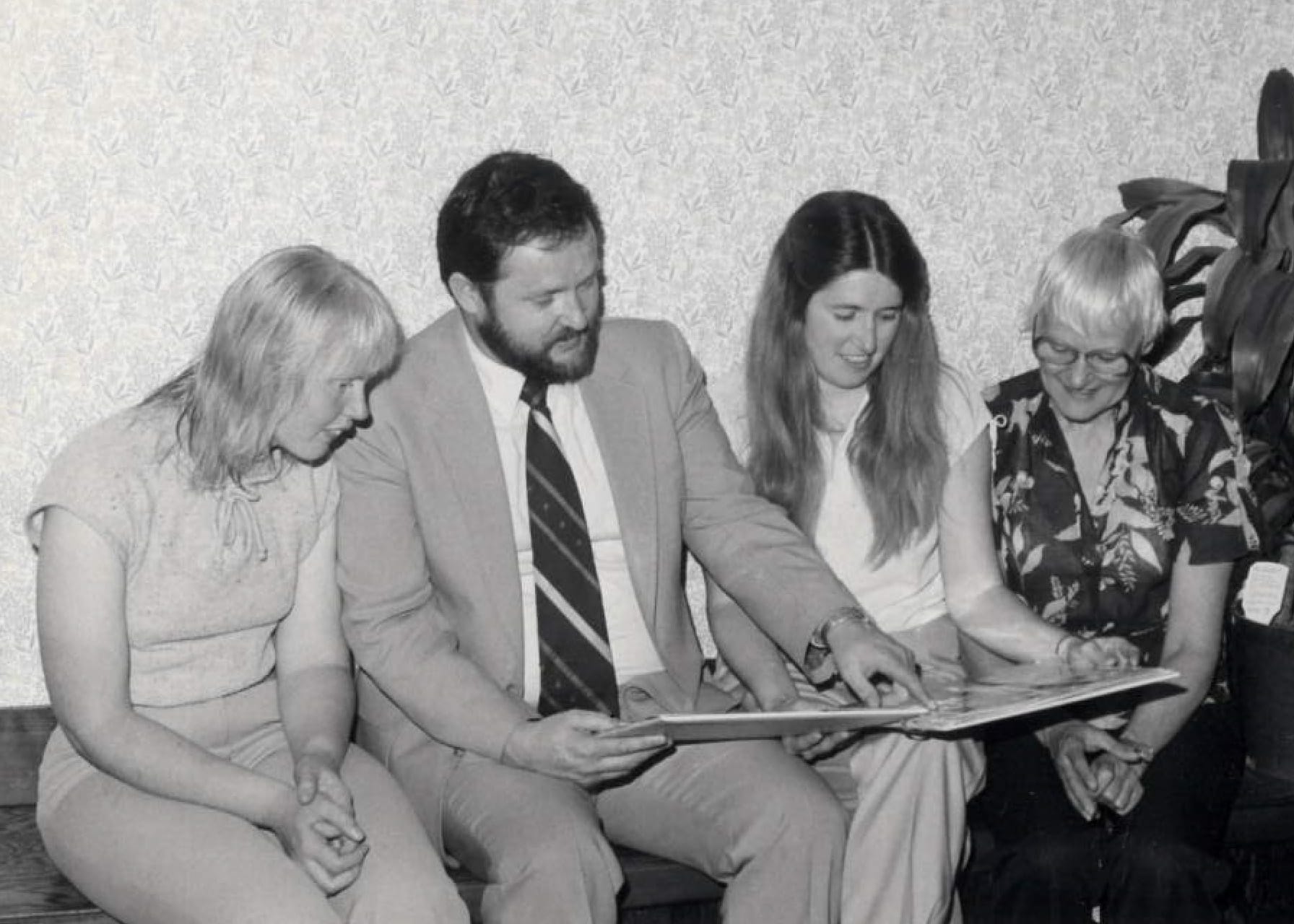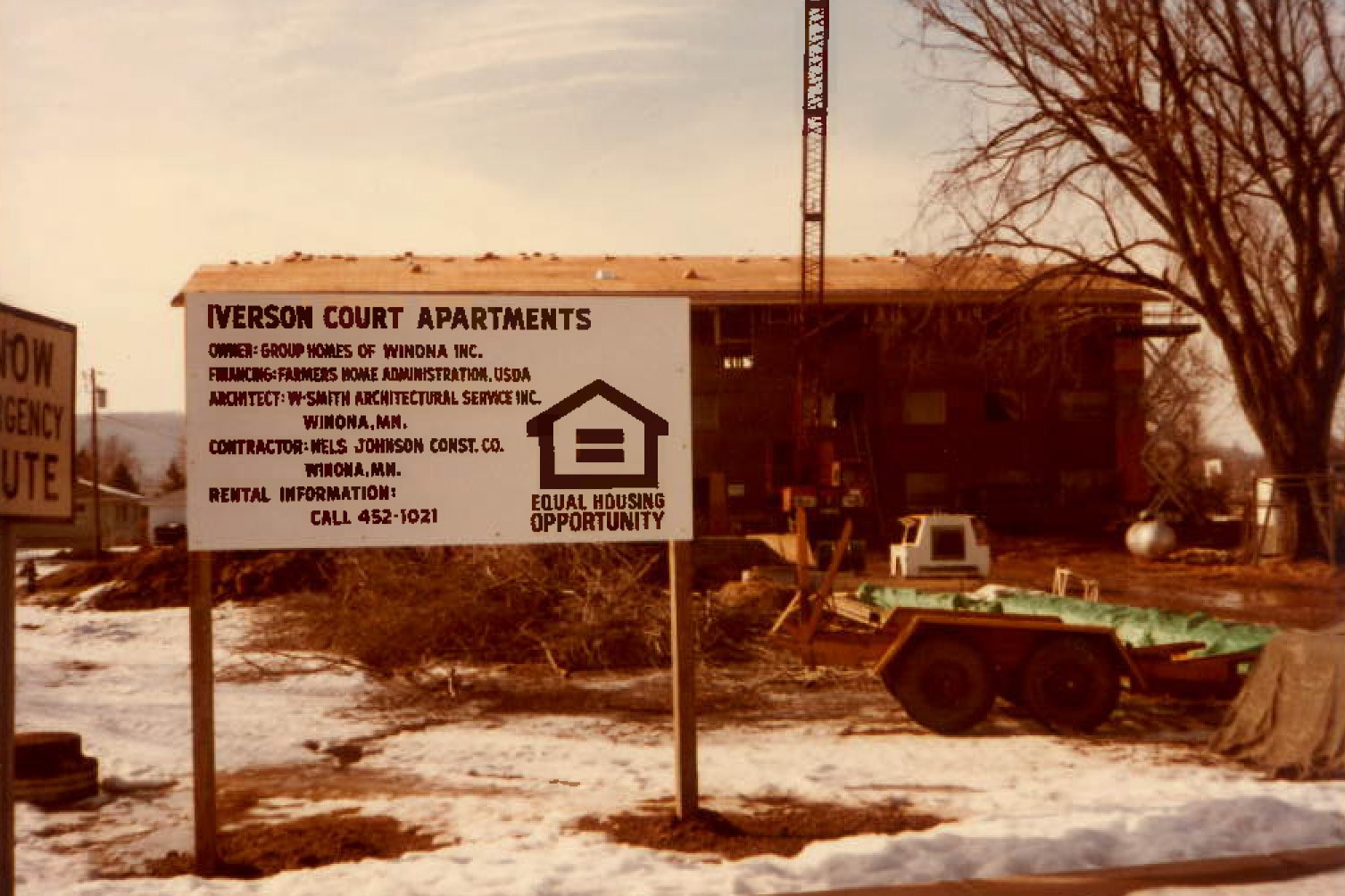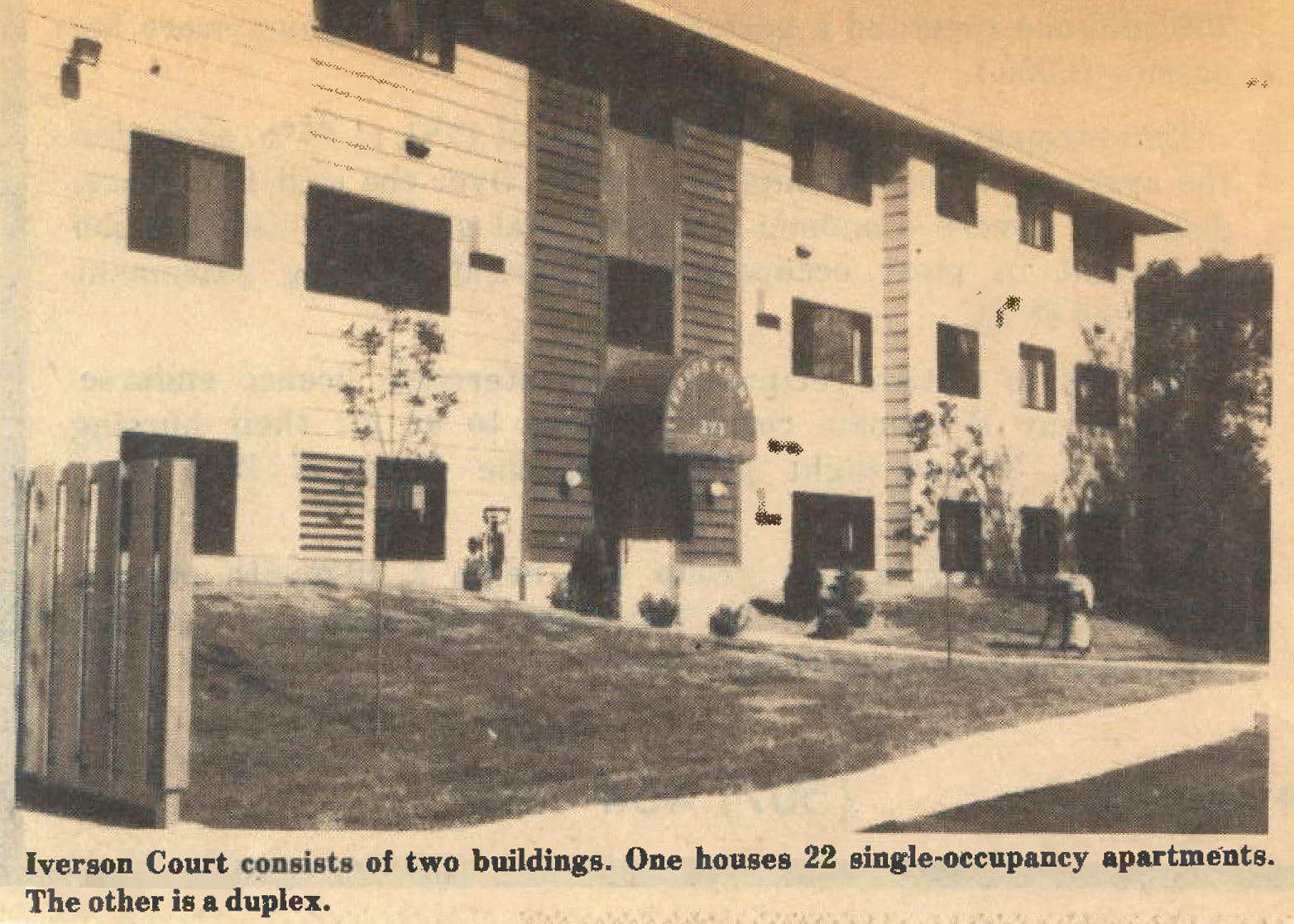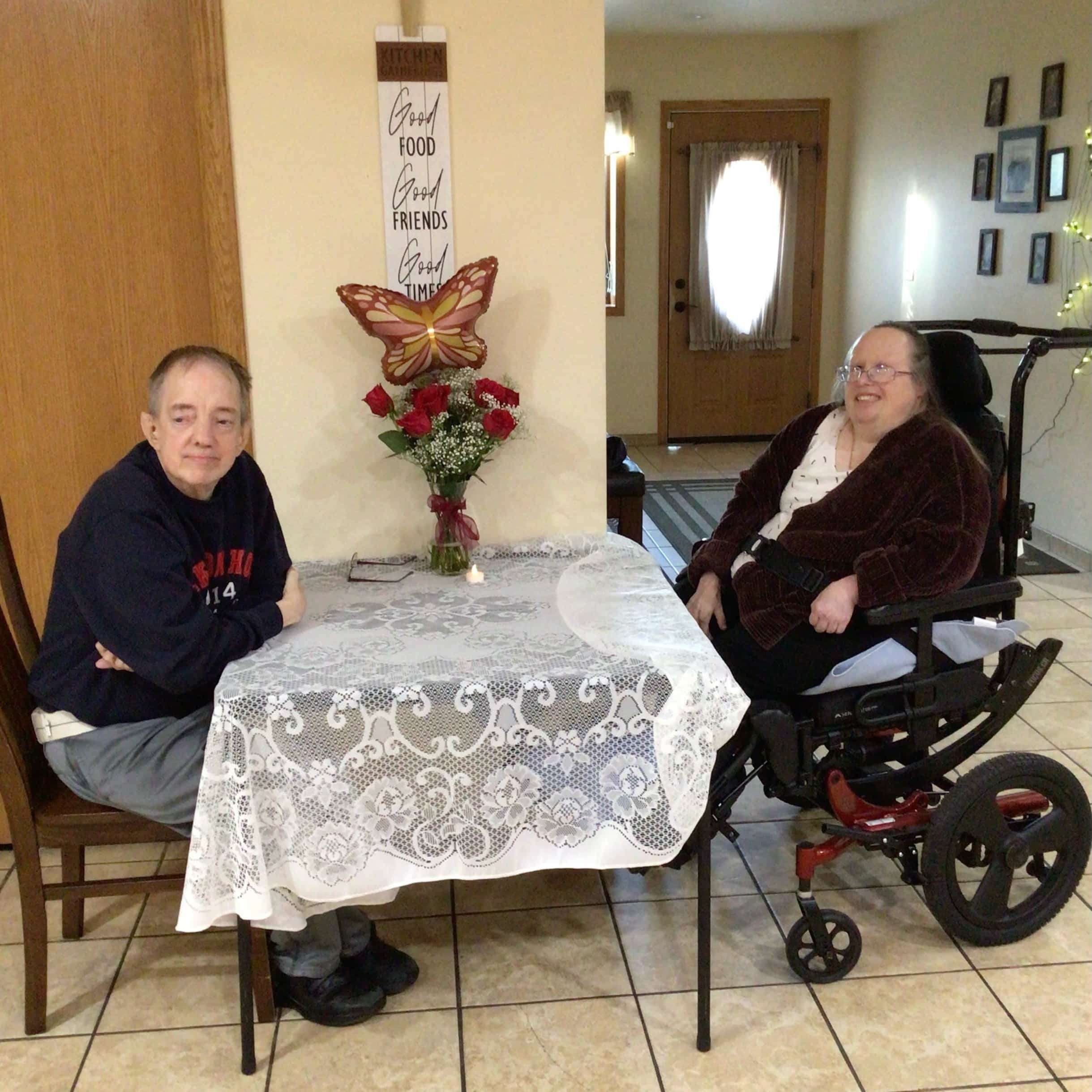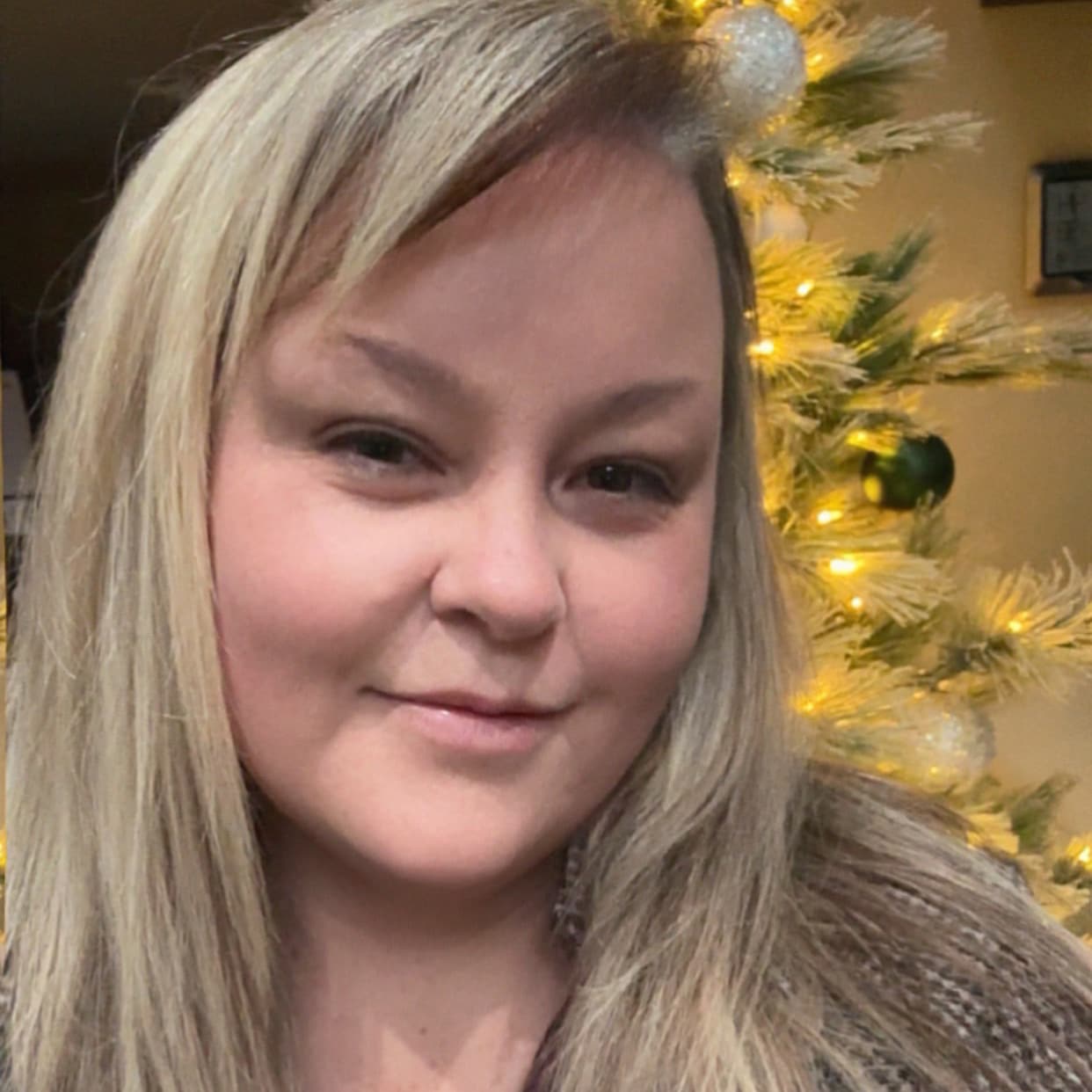In its ongoing mission to support individuals with developmental disabilities in leading independent lives, Home and Community Options (HCO) introduced Iverson Court, a 24-unit apartment complex funded by the Department of Housing and Urban Development (HUD) designed specifically for people who had developed the skills to live on their own. Located in a convenient part of town, Iverson Court offered an innovative housing solution that allowed individuals to have their own apartments while still being part of a supportive community.
Iverson Court was a three-story building with one-bedroom apartments, each designed to offer comfortable, accessible living space. The building was equipped with an elevator to ensure accessibility for everyone, including those with mobility challenges. In addition to the private apartments, Iverson Court featured a shared laundry facility and a community room, where tenants could gather, socialize, or participate in events and activities that helped foster a sense of community.
The tenants of Iverson Court had to be least 18 years old and have a developmental disability. Many of the individuals who moved into Iverson Court had previously lived in HCO’s residential settings, such as 377 Main, while others came from family homes or were referred by their support teams. What they all had in common was the ability to demonstrate independent living skills, meaning they no longer required staff to be on the premises 24/7.
While staff support was not available on-site around the clock, tenants were still able to receive services focused on helping them live independently. These services included apartment maintenance and assistance with meal preparation and shopping, money management, and emergency preparedness. The number of service hours each tenant received was tailored to their individual needs, interests, and funding from their county. For some, that might have meant assistance with finances and cooking, while others may have needed help with organizing their apartments or developing emergency response plans.
The tenants at Iverson Court were encouraged to maintain an active role in their community, with many of them working for local businesses or at sheltered workshops, now more commonly known as day programs (i.e. Winona ORC or DAC). This gave them not only the opportunity to develop skills but also to form relationships and contribute to the community around them.
As tenants settled into their new apartments, they found that Iverson Court was more than just a place to live; it became a community. Many individuals developed close friendships with their neighbors, sharing experiences, supporting one another, and creating a strong sense of belonging. The community room served as a gathering space where tenants could come together for activities, meals, or simply to socialize, strengthening the bonds among them.
In addition to the one-bedroom apartments, Iverson Court also featured a duplex, consisting of two 2-bedroom apartments. (These were designed with increased accessibility—since the main building had limited accessible units—or for those who preferred to live with a roommate or spouse or who needed the support of a live-in caregiver. The duplex offered more flexibility, allowing tenants with different needs and preferences to find the right living situation for them.)
Today, Iverson Court continues to be more than just an apartment complex; it is a place where individuals with developmental disabilities can live independently, receive the support they need, and be part of a vibrant, welcoming community. With its combination of private apartments and shared spaces, Iverson Court provides a model of independent living that helps individuals continue to grow, make connections, and become active members of their community.

